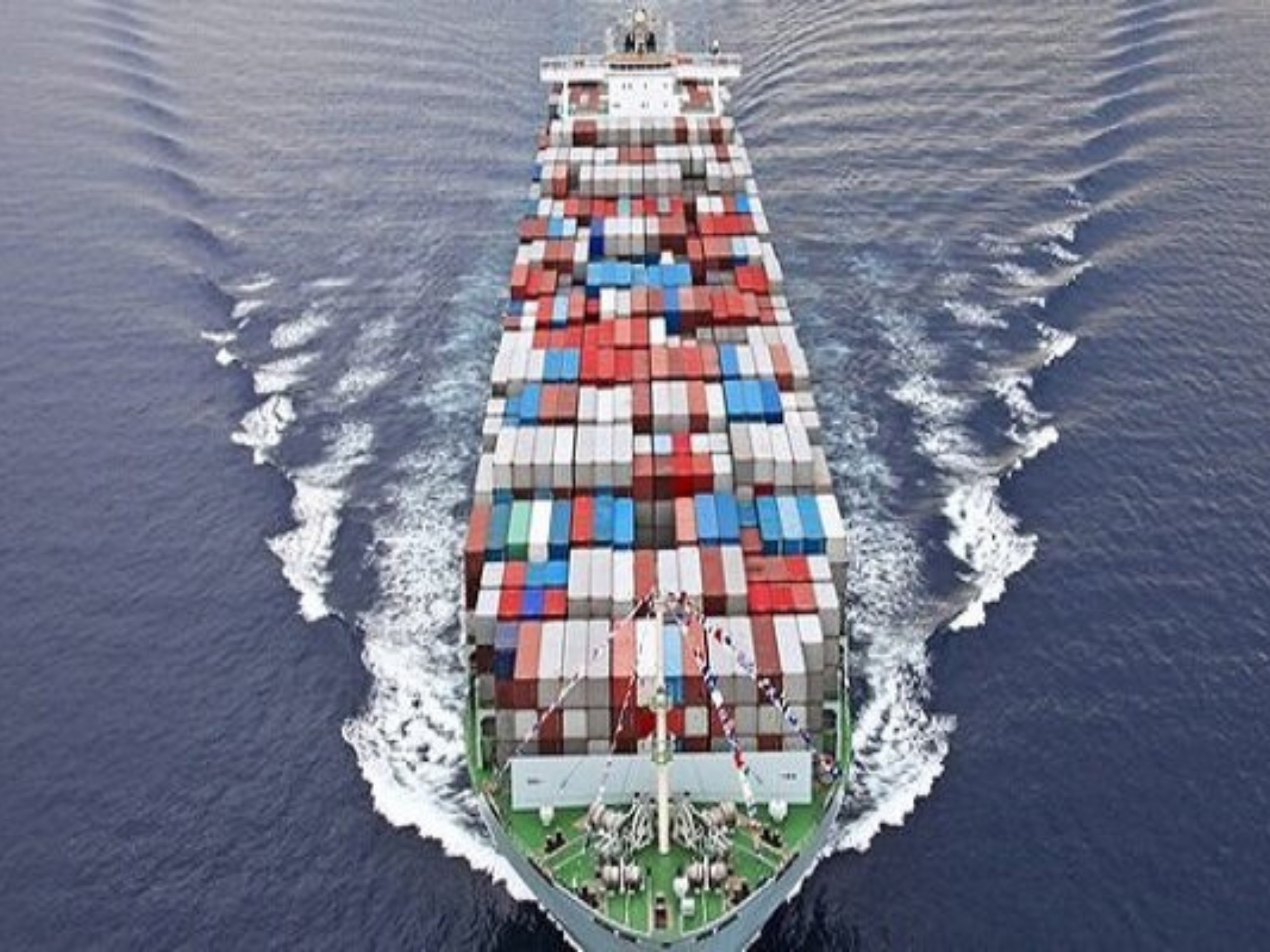A full-scale trade war between the United States and China appears increasingly likely after President Donald Trump imposed tariffs exceeding 100% on Chinese goods. In retaliation, China vowed to “fight to the end” and announced it would raise tariffs on U.S. goods from 34% to 84%. This escalation raises critical questions about its impact on the global economy.
How Much Trade Do the U.S. and China Do?
In 2024, the trade in goods between the U.S. and China amounted to about $585 billion. The U.S. imported $440 billion from China, while exports to China totaled $145 billion. This resulted in a trade deficit of $295 billion, about 1% of the U.S. economy. While Trump has often referred to a $1 trillion deficit, the actual number remains considerably smaller.
How Have Previous Tariffs Affected Trade?
Past tariffs, imposed during Trump’s presidency and continued by Joe Biden, reduced China’s share of total U.S. imports from 21% in 2016 to 13% in 2024. However, some Chinese goods have been rerouted through Southeast Asian nations to bypass these tariffs. For example, Chinese solar panels were assembled in countries like Malaysia and Vietnam before being exported to the U.S., effectively sidestepping tariff barriers.
What Are the Global Consequences of This Trade Conflict?
With the U.S. and China accounting for nearly 43% of global economic output, according to the IMF, an all-out trade war could significantly slow down global growth and disrupt investment. A prolonged conflict between these two economies would likely have wide-reaching consequences for countries around the world.
How Could China’s Manufacturing Dominance Impact Other Countries?
China remains the world’s largest manufacturer and currently has a nearly $1 trillion trade surplus. A portion of this output is produced below cost, due to state subsidies, and often sold abroad at low prices. If Chinese goods can’t access the U.S. market, there’s a risk of excess products being “dumped” in other countries, potentially harming local manufacturers. For instance, the UK Steel industry has warned that an influx of cheap Chinese steel could negatively affect the domestic market and cost jobs.
What Does This Mean for the Global Economy?
The U.S.-China trade war is already having ripple effects across global markets. Economists warn that an all-out conflict could undermine international trade, reduce growth, and diminish investor confidence. While the full extent of the damage remains uncertain, the broader consensus is clear: the economic fallout could be highly negative.






